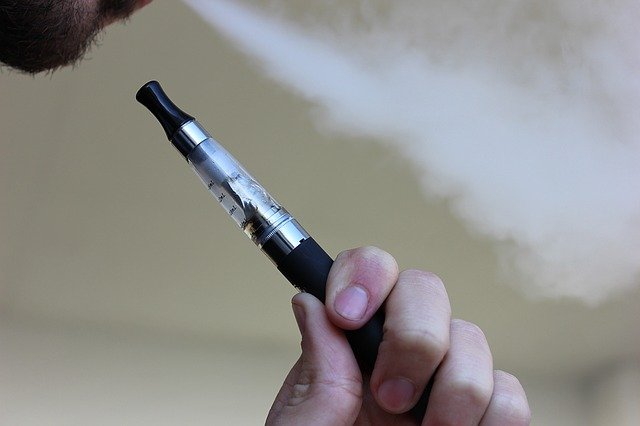
A recent study from Johns Hopkins Medicine has shown that compared with smoking cannabis, vaping cannabis could increase short-term anxiety, paranoia, memory loss, and distraction.
The finding is against the common view that vaping is a safer alternative to smoking cannabis.
When people vape cannabis, they use vaping devices to heat cannabis to a high temperature.
During the process, the mind-altering compounds in the plant are released as a vapor.
Previously, scientists thought vaping is safer because it doesn’t produce many of the harmful components of burning material.
However, this study found that for first-timers or others who don’t use cannabis regularly, vaping could deliver greater amounts of THC.
THC is the primary intoxicant in cannabis. It is the active component in cannabis that gives people the high. It may increase the likelihood of health risks.
In the present study, the researchers tested 17 people who had never smoked it and wanted to try it for medical or recreational purposes or people who did not use it regularly.
Each person either smoked or vaped cannabis containing 0, 10 or 25 milligrams of THC once a week over six weeks.
According to the team, 25 milligrams of THC is a relatively low dose. It is much less than what is typically found in cannabis “joints”.
The team measured heart rate and blood pressure and collected blood samples just after smoking or vaping.
The participants also finished three tasks designed to measure their attention span, memory, physical reaction time and motor movement.
The researchers found people who vaped 25 milligrams of THC experienced higher anxiety and paranoia, compared with people who smoked the same amount of THC.
These people also experienced more dry mouth and dry eyes than people who smoked cannabis.
In addition, both vaping and smoking cannabis with THC made people slower in cognitive tasks compared with vaping and smoking cannabis without THC.
Vaping and smoking cannabis with THC also made people make more mistakes in the tasks and vaping had a stronger effect.
The finding suggests that people had higher impairment on the tasks when vaping versus smoking the same dose.
The team also found a big difference in the amount of drug in the blood between vaping and smoking. Vaping made the blood THC levels much higher smoking.
The researchers suggest that for first-timers or people who don’t use cannabis regularly, vaping cannabis could deliver greater amounts of THC to their body.
Therefore, people who use cannabis infrequently should be careful about how much cannabis they use with a vaporizer.
In addition, they should not drive cars within several hours after use.
Compared with previous studies, this study is more representative of the general population’s exposure to cannabis.
The study lead author is Ryan Vandrey, Ph.D., an associate professor of psychiatry and behavioral sciences.
The research is published in JAMA Network Open.
Copyright © 2019 Knowridge Science Report. All rights reserved.



